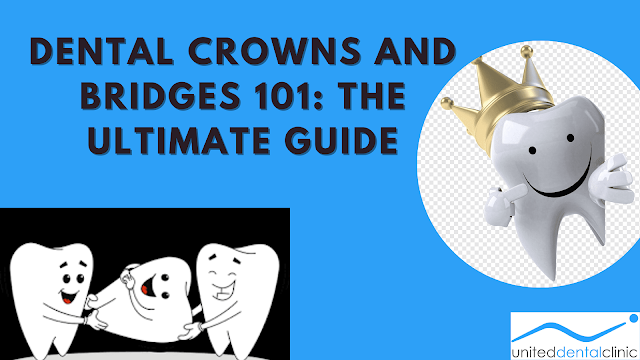Why Should You Consider Sedation Dentistry?

Many people experience dental anxiety, usually caused by bad or painful experiences at the dental clinic in the past. Such people often avoid visiting the dentist because they fear the dental chair and have difficulty sitting still. If you are one of those people who make excuses not to see the dentist, you should be aware that your oral health will likely suffer. One way to have a pleasant experience at the dental clinic is to opt for dental sedation during your next appointment. Sedation Dentistry involves using special medications known as sedatives that help patients relax during dental treatments. Here discussed are the common reasons for you to consider sedation dentistry. You Won’t Feel Anxious Going to the Dentist If you are anxious about visiting the dentist, sedation dentistry can change your perspective. On experiencing what sedation dentistry is all about, you will realize how comfortable and pleasant it can make your dental experience. Even after a few appointments with




